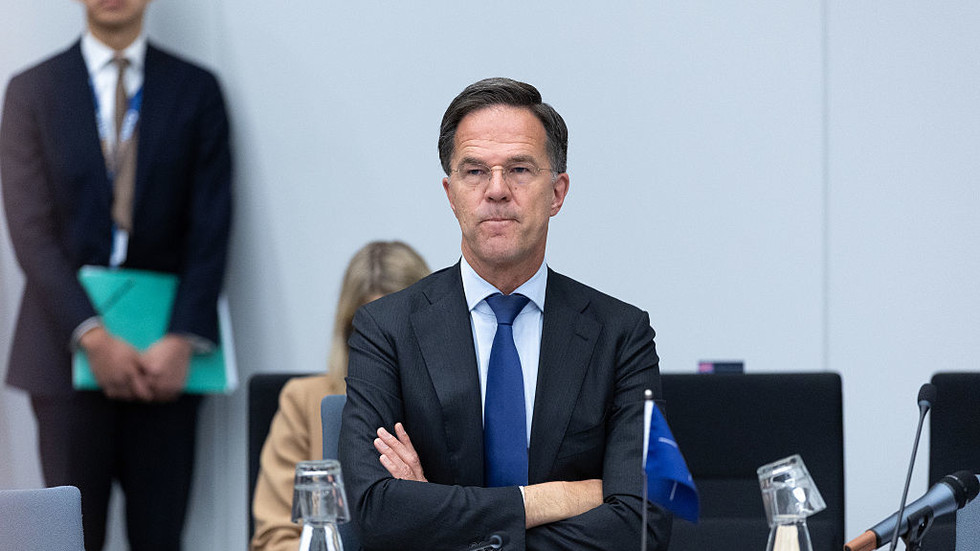Lagos, Nigeria’s economic hub, braces for widespread disruption as a planned 25-day power outage threatens to cost businesses and industries hundreds of billions of naira. The blackout, announced by two major electricity distributors—Ikeja Electric and Eko Electricity Distribution Company (DisCo)—will affect most of Lagos and parts of Ogun State’s Agbara community from July 28 to August 21, 2025. Scheduled daily between 8 a.m. and 5 p.m., the disruption stems from critical maintenance on the Omotosho–Ikeja West transmission line, managed by Nigeria’s state-owned Transmission Company (TCN).
As the country’s largest commercial center, Lagos accounts for the majority of Nigeria’s industrial and financial activities. The state reportedly spends an estimated ₦13 trillion ($10.3 billion) monthly on electricity, according to Lagos Energy Commissioner Biodun Ogunleye. The outage threatens to compound operational costs for hospitals, manufacturers, hotels, and retailers reliant on round-the-clock power. Many will be forced to switch to costly alternatives like diesel generators, which could raise energy expenses by up to 40%, industry analysts suggest.
Dr. Muda Yusuf, CEO of the Centre for the Promotion of Private Enterprise (CPPE), described the shutdown as a “necessary but painful sacrifice,” noting that while grid reliability has long been a challenge, the maintenance could mitigate frequent nationwide blackouts. “Lagos’s economy depends heavily on stable electricity,” he told local media, warning that shifting to pricier power sources might slash productivity and profits, with losses potentially exceeding ₦500 billion ($397 million).
The financial blow also extends to the utilities themselves. Combined, Ikeja Electric and Eko DisCo—Nigeria’s two largest distributors—generated ₦206 billion ($163 million) in revenue during Q1 2025, per regulatory reports. The planned outage risks worsening the power sector’s liquidity crisis, already strained by unpaid bills and infrastructure gaps.
However, experts argue that upgrading aging infrastructure is unavoidable. Nigeria’s grid has collapsed at least five times since 2023, often attributed to underinvestment and poor maintenance. The TCN’s repairs aim to bolster transmission capacity, though the 25-day timeline underscores systemic vulnerabilities in Africa’s largest economy. For Lagos businesses, the outage is a stark reminder of the trade-offs between immediate economic pain and long-term energy stability.



